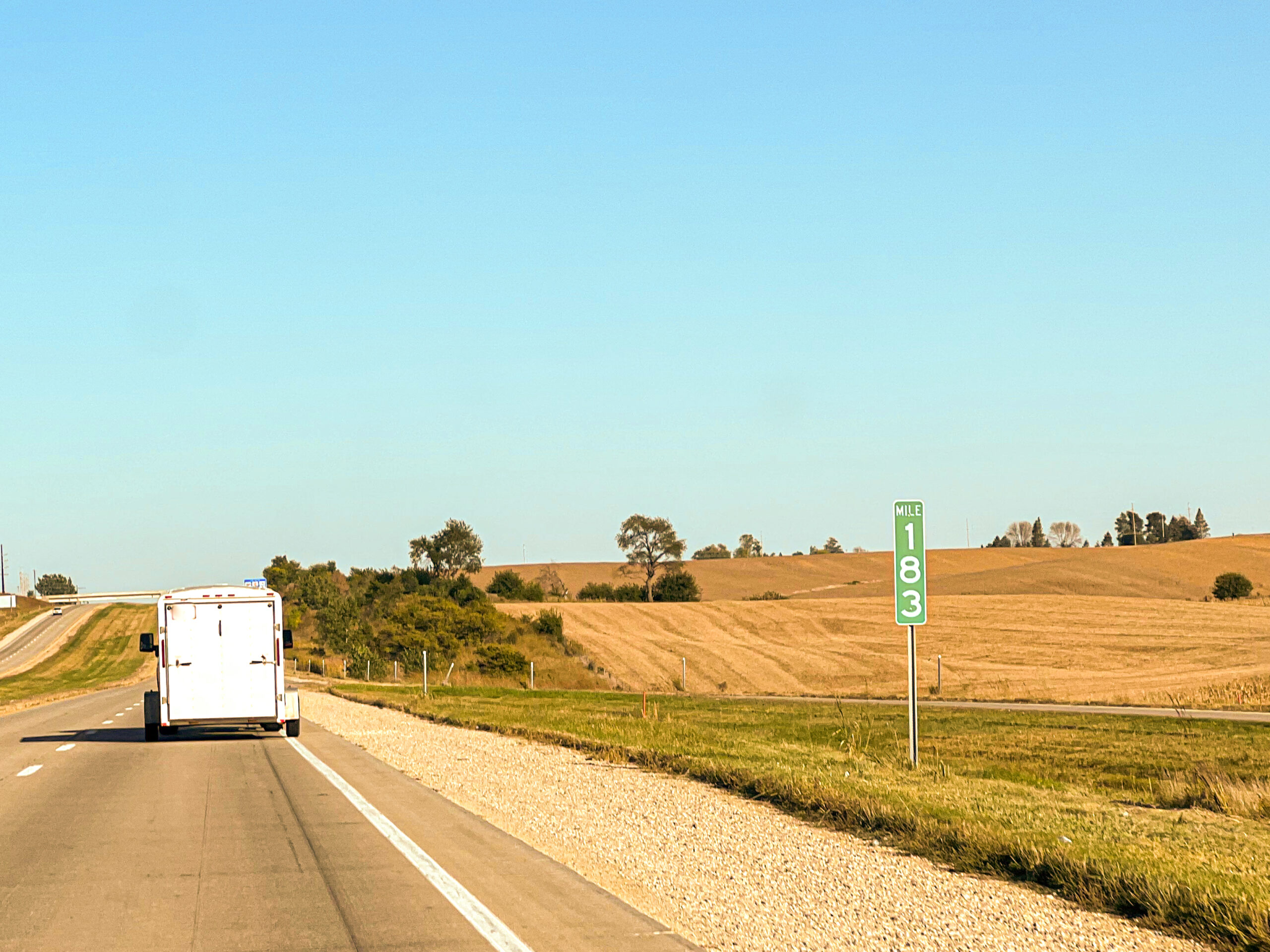This article answers the popular question: What are some trailer towing safety tips?
Before towing a trailer for the first time, there are many important factors to consider. Being aware of your vehicle and trailer’s mechanical condition. Inspect your trailer’s tires, wheels, brakes, suspension, and electrical system. Follow this checklist before you hit the road:
- Properly connect the trailer to the hitch.
- Put the wheel or trailer stand in the ‘up’ position.
- Check brake lights and signals.
- Connect the electrical wires to the vehicle.
In addition to observing your trailer’s overall condition and completing the pre-haul checklist, use these 4 helpful tips for proper trailer towing safety.
Check the Lights & Electrical
Before hitting the road, check that your trailer’s tail lights, brake lights, and turn signals are working properly. If there is an issue with your lights, you are at increased risk of a collision when slowing down or during nighttime driving.
Adjust Your Mirrors
Trailer towing mirrors are important for towing safely. They help you see the road behind you and besides the trailer when towing. If your vehicle is not equipped with mirrors that extend out or flip up, you can buy after-market extended mirrors that attach to your vehicle’s mirrors.
If you’ve ever driven by a large semi-trailer or truck towing a trailer, if you cannot see the truck driver’s reflection in their side mirror, you are in the driver’s blind spot. Extended towing mirrors help to minimize blind spots while towing.
Pack Your Trailer Correctly
Depending on the size and weight of the cargo you are hauling, it’s important to understand how to safely and effectively load your trailer. Incorrectly loading your trailer can cause safety concerns out on the road. Any sudden veer or jerk of the steering wheel can cause a vehicle and trailer to fishtail or trailer sway when loaded incorrectly. For details on how to correctly load your trailer for safe towing, read this article.
Don’t Exceed Trailer & Vehicle Towing Limits
Trailer’s Weight Rating
Every type of trailer has a certain amount of weight it can physically and legally haul.
A trailer’s Gross Vehicle Weight Rating (GVWR) can be calculated using the gross vehicle weight (GVW) and gross trailer weight (GTW). When a trailer’s weight exceeds its GVWR, it creates unsafe driving conditions.
Vehicle’s Towing Limits
Consult your vehicle’s owner’s manual to confirm the maximum amount of weight your vehicle can tow. Towing more than your vehicle’s max towing limit weight causes wear and tear on your vehicle. This causes excessive damage to the engine, suspension, brakes, and axles.
Axle Replacement in Des Moines, IA
Being observant is key to hauling safely. If you begin to notice unusual noises, pulling to one side, or uneven tire wear and tear, this may indicate a potential trailer axle issue. Typically, you may notice axle failure during a heavy haul. Axle failure is dangerous and causes liability concerns so it’s important to act fast! Contact BlueSwift Axles for quick and convenient 48-hour axle replacement.
